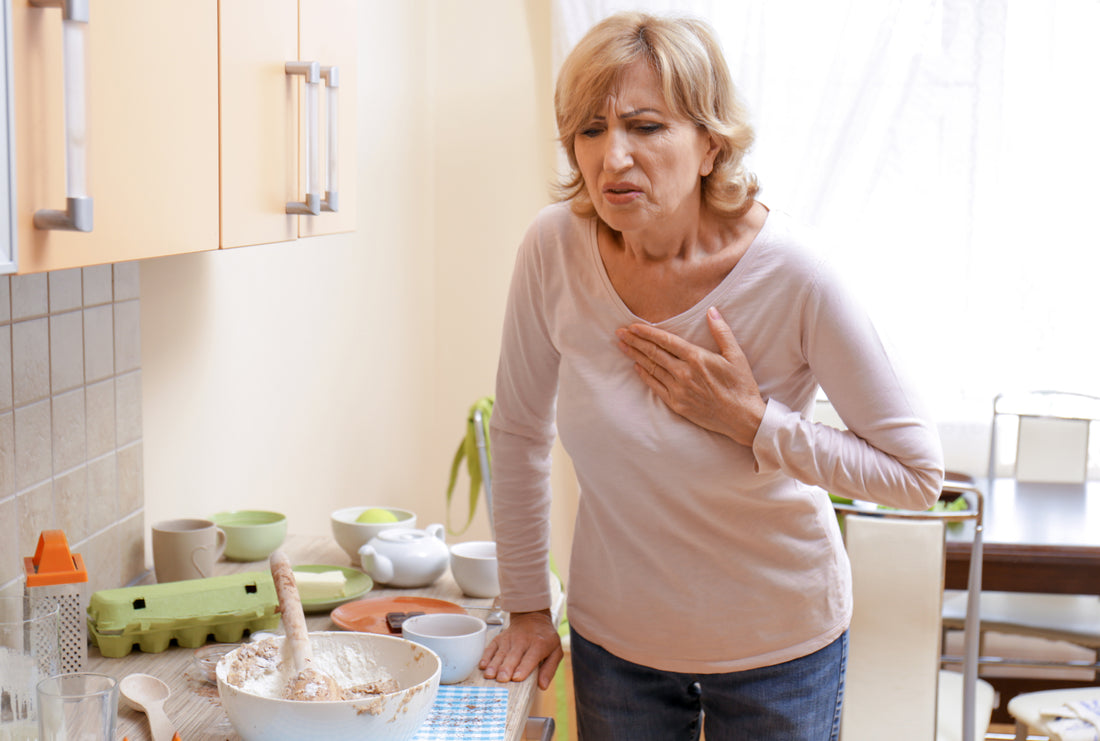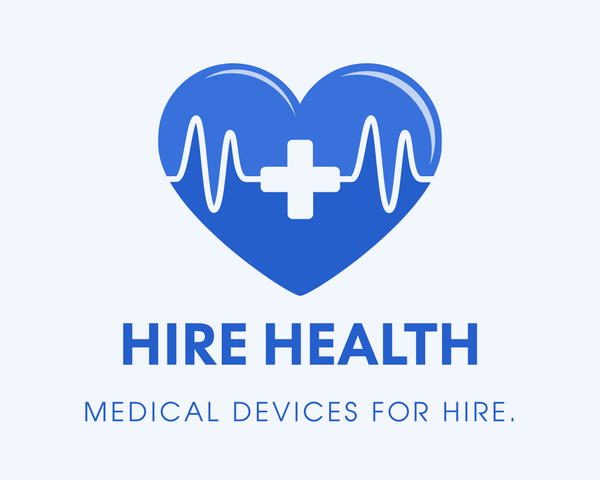
Understanding Arrhythmias During Menopause
Share
Menopause is a significant transition in a woman’s life, marking the end of reproductive years. Along with the well-known symptoms like hot flashes, night sweats, and mood swings, many women also experience changes in their heart rhythm. These changes, known as arrhythmias, can be alarming but are often a natural part of the menopausal process.
What are Arrhythmias?
Arrhythmias are irregular heartbeats that can be too fast (tachycardia), too slow (bradycardia), or erratic. They occur when the electrical signals that coordinate heartbeats are disrupted. While arrhythmias can happen at any age, they may become more noticeable during menopause due to the hormonal fluctuations that affect the cardiovascular system.
The Link Between Menopause and Arrhythmias
The hormonal changes during menopause, particularly the decline in oestrogen levels, can have a significant impact on heart health. Oestrogen has a protective effect on the heart, helping to keep blood vessels flexible and maintaining a healthy balance of cholesterol. As oestrogen levels drop, the risk of cardiovascular issues, including arrhythmias, increases.
Some common triggers of arrhythmias during menopause include:
1. Hormonal Fluctuations: The drop in oestrogen levels can lead to changes in the autonomic nervous system, which controls heart rate and blood pressure. This can result in palpitations or an irregular heartbeat.
2. Increased Stress and Anxiety: Menopause is often accompanied by stress, anxiety, and mood swings, which can further trigger or exacerbate arrhythmias.
3. Sleep Disturbances: Hot flashes and night sweats can lead to poor sleep, which is another factor that can contribute to irregular heart rhythms.
4. Lifestyle Factors: Weight gain, changes in diet, and reduced physical activity during menopause can also increase the likelihood of developing arrhythmias.
Symptoms to Watch For
Arrhythmias can manifest in various ways, and symptoms can range from mild to severe. Some women may experience only occasional palpitations, while others might notice more persistent symptoms. Common signs of arrhythmias include:
- Heart Palpitation: A feeling that the heart is racing, pounding, or fluttering.
- Dizziness or Lightheadedness: Caused by irregular blood flow to the brain.
- Shortness of Breath: Difficulty breathing, especially during physical activity.
- Fatigue: Feeling unusually tired or weak.
- Chest Pain: A sensation of pressure, discomfort, or pain in the chest.
If you experience any of these symptoms, especially if they are severe or persistent, it is essential to seek medical advice. While many arrhythmias are benign, some can indicate more serious heart conditions that require treatment.
Managing Arrhythmias During Menopause
If you are experiencing arrhythmias during menopause, several strategies can help manage symptoms and improve heart health:
1. Lifestyle Modifications: Adopting a heart-healthy lifestyle is crucial. This includes eating a balanced diet rich in fruits, vegetables, and whole grains, exercising regularly, maintaining a healthy weight, and avoiding smoking and excessive alcohol consumption.
2. Stress Management: Practices like yoga, meditation, and deep breathing can help reduce stress and its impact on heart health.
3. Regular Check-ups: Regular visits to your healthcare provider can help monitor your heart health and manage any risk factors for cardiovascular disease.
4. Medication: In some cases, medications may be prescribed to manage arrhythmias or underlying conditions such as high blood pressure or high cholesterol.
5. Hormone Replacement Therapy (HRT): For some women, HRT can help alleviate menopausal symptoms and may have a positive effect on heart health. However, HRT is not suitable for everyone, so it is important to discuss the risks and benefits with your healthcare provider.
A portable ECG device is a valuable tool for diagnosing arrhythmias during menopause, offering several benefits. It allows for convenient and continuous heart rhythm monitoring, capturing irregularities that might occur sporadically due to menopause-related symptoms like palpitations. The device provides immediate data collection during symptoms, helping correlate them with heart rhythm changes and facilitating precise diagnosis. Early detection of arrhythmias, such as atrial fibrillation, can be achieved, reducing the risk of serious complications. Regular monitoring helps women track the impact of lifestyle factors on their heart health and makes it easier to manage symptoms and communicate effectively with healthcare providers. Overall, portable ECG devices offer peace of mind, empowering women to monitor their heart health and manage their well-being during menopause.
